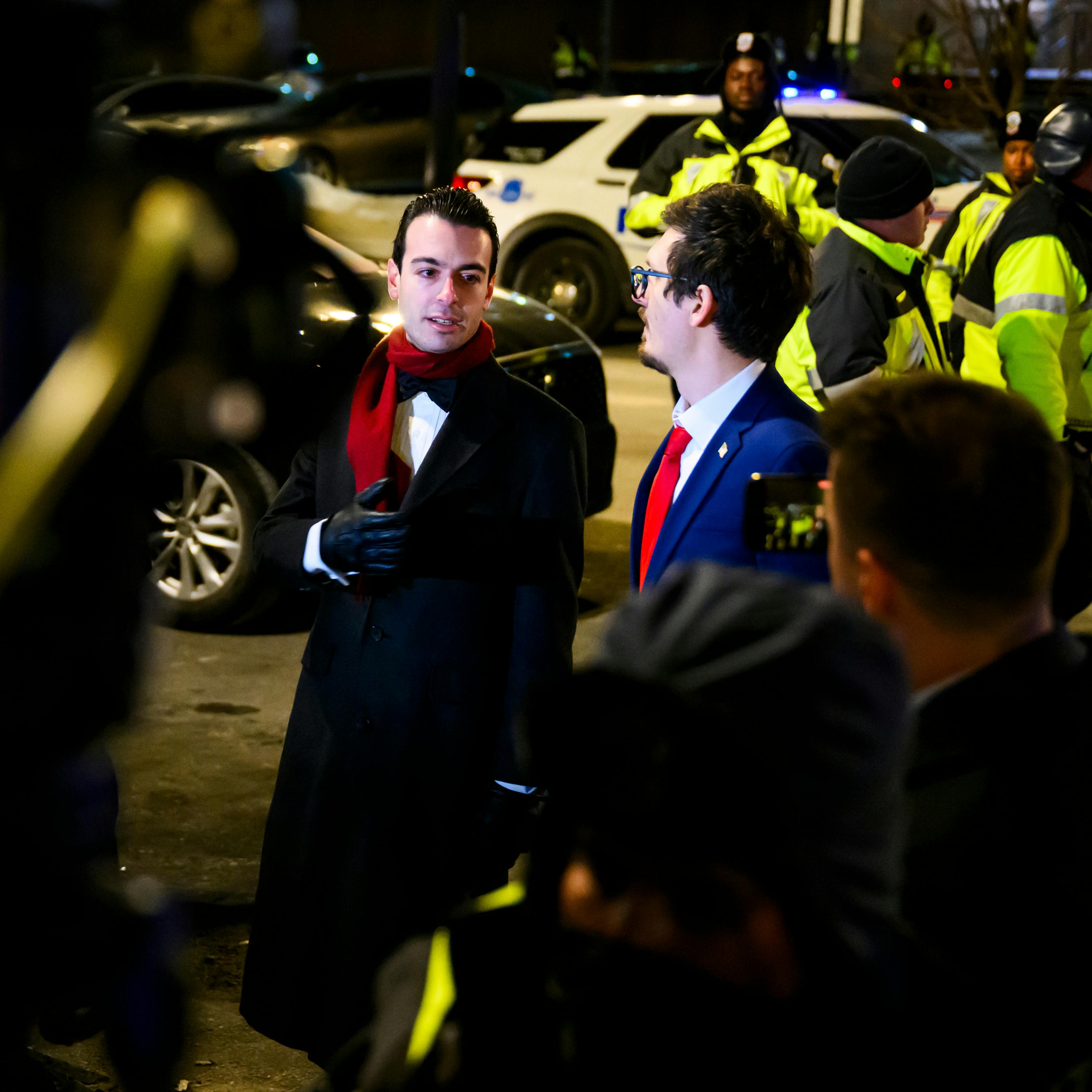The "I love Hitler" group chat
When the private messages of Young Republican leaders leaked, it exposed an antisemitism problem that is dividing the GOP. And the online world that is fostering it.
This episode was produced by Denise Guerra and Avishay Artsy, edited by Amina Al-Sadi, fact-checked by Laura Bullard, engineered by Patrick Boyd and Adriene Lilly, and hosted by Noel King.
Paul Ingrassia, White House Liaison to the Justice Department, who made racist and pro-Nazi comments in a recently revealed group chat. Photo by Pete Kiehart for The Washington Post via Getty Images.
Listen to Today, Explained ad-free by becoming a Vox Member: vox.com/members. New Vox members get $20 off their membership right now. Transcript at vox.com/today-explained-podcast.
Learn more about your ad choices. Visit podcastchoices.com/adchoices
This episode was produced by Denise Guerra and Avishay Artsy, edited by Amina Al-Sadi, fact-checked by Laura Bullard, engineered by Patrick Boyd and Adriene Lilly, and hosted by Noel King.
Paul Ingrassia, White House Liaison to the Justice Department, who made racist and pro-Nazi comments in a recently revealed group chat. Photo by Pete Kiehart for The Washington Post via Getty Images.
Listen to Today, Explained ad-free by becoming a Vox Member: vox.com/members. New Vox members get $20 off their membership right now. Transcript at vox.com/today-explained-podcast.
Learn more about your ad choices. Visit podcastchoices.com/adchoices
Press play and read along
Transcript
Transcript is processing—check back soon.
Today, Explained — The "I love Hitler" group chat





